In his article “The Meaning of Social Entrepreneurship”, Greg Dees, co-founder of Duke Fuqua’s Center for the Advancement of Social Entrepreneurship (CASE), defines social entrepreneurs as “change agents in the social sector”.
Furthermore, he outlines 5 characteristics that social entrepreneurs exhibit:
- “Adopting a mission to create and sustain social value (not just private value),
- Recognizing and relentlessly pursuing new opportunities to serve that mission,
- Engaging in a process of continuous innovation, adaptation, and learning,
- Acting boldly without being limited by resources currently in hand, and
- Exhibiting a heightened sense of accountability to the constituencies served and for the outcomes created.”

The above elements often take the shape of a social enterprise, an organization that is pursuing a social or environmental mission using business methods. Social enterprises are catalytic innovators who produce disruptive innovations. These organizations are key to directly addressing social needs in under-resourced communities using entrepreneurial strategies. The objective of the Hunt Institute’s Social Enterprise Program (SEP) is to support innovative, early-stage social entrepreneurs in overcoming common obstacles and accelerating the societal impact of their social enterprises.
Social entrepreneurs can also act as change agents within large organizations, corporations, government or nonprofits. These social intrapreneurs pursue innovation, change, and impact within their ecosystem. As an example, Kazi Huque and Narayan Sundararajan, colleagues at Intel, partnered with Muhammad Yunus of Grameen Bank to create Grameen Intel Social Business LTD. Now branded as Technology for Social Impact, the organization exists to find affordable technological solutions to improve the lives of people in developing parts of the world.
The graphic featured in this post, from Suzanne Smith of Social Impact Architects, is helpful in distinguishing between the common terms used within the social impact space. Click here to read Suzanne’s blog to learn more. Stay tuned to the Hunt Institute Digest to learn more about our Social Enterprise, case studies of social entrepreneurs, and other examples.
To read more about the Hunt Institute’s work to develop future-focused solutions to some of the world’s biggest problems, please click here. For the latest news on the Hunt Institute, follow our social media accounts on LinkedIn, Facebook, Twitter, and Instagram. We invite you to listen to our Podcast called Sages & Seekers. If you are considering engaging with the institute, you can donate, or sign-up for our newsletter by emailing huntinstitute@smu.edu.



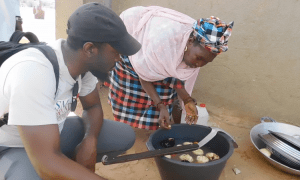



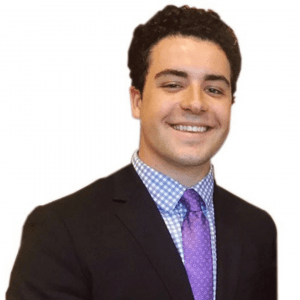






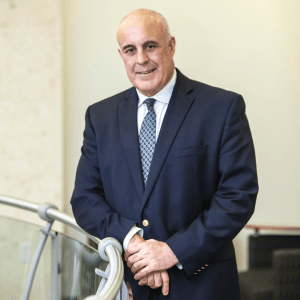
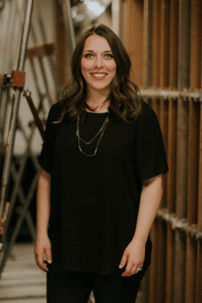
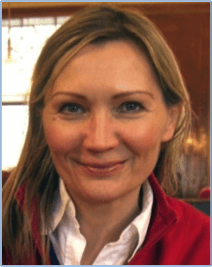
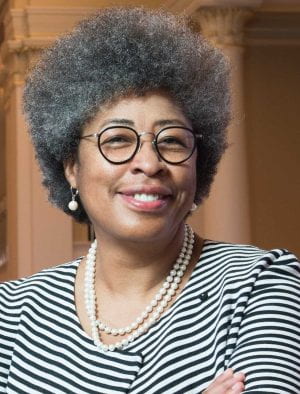
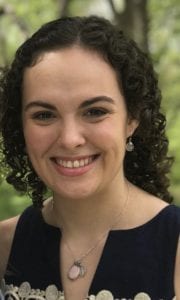 Sara Langone’s work with the Hunt Institute focuses on designing and conducting qualitative research projects at an organizational and community level on topics related to the Hunt Institute’s three pillars of food systems, infrastructure and inclusive economy. Langone’s qualitative approach provides rich, contextualized insight that helps enable the Institute and its partners to better understand communities and create bottom-up solutions to systemic issues.
Sara Langone’s work with the Hunt Institute focuses on designing and conducting qualitative research projects at an organizational and community level on topics related to the Hunt Institute’s three pillars of food systems, infrastructure and inclusive economy. Langone’s qualitative approach provides rich, contextualized insight that helps enable the Institute and its partners to better understand communities and create bottom-up solutions to systemic issues.